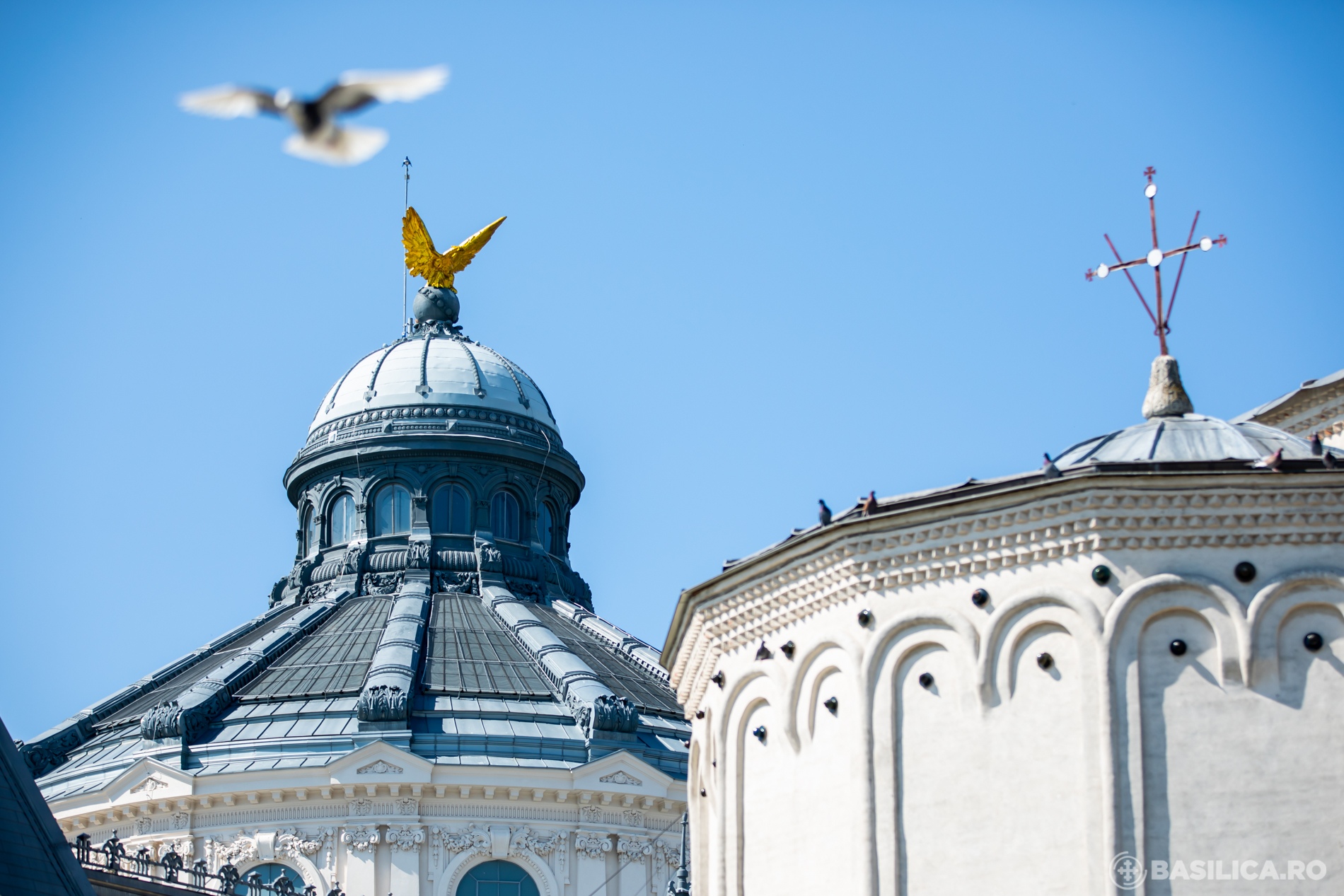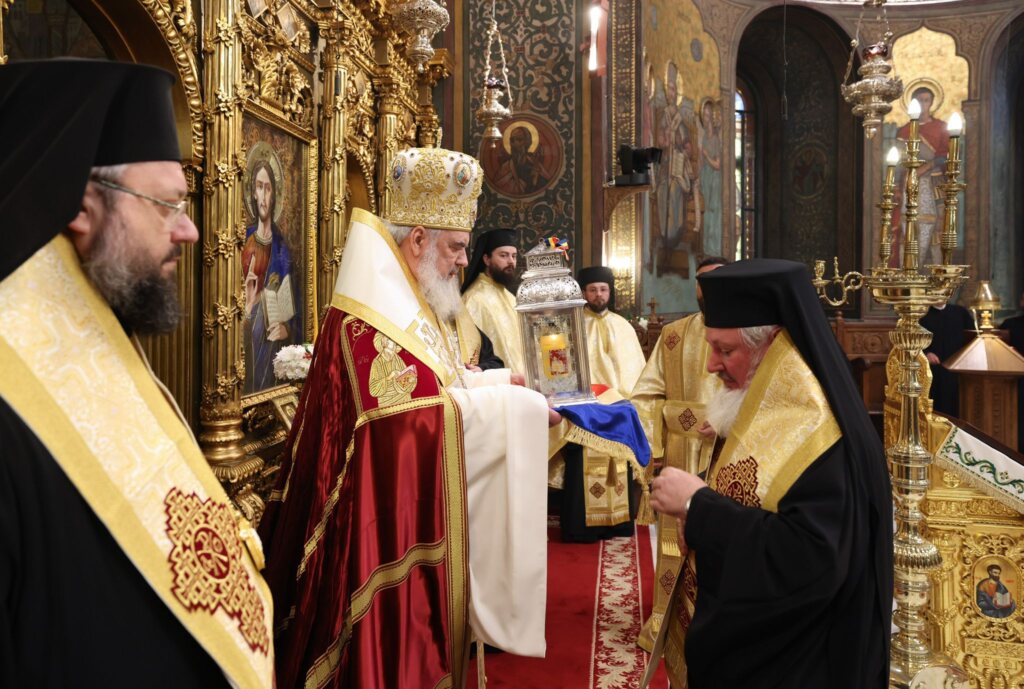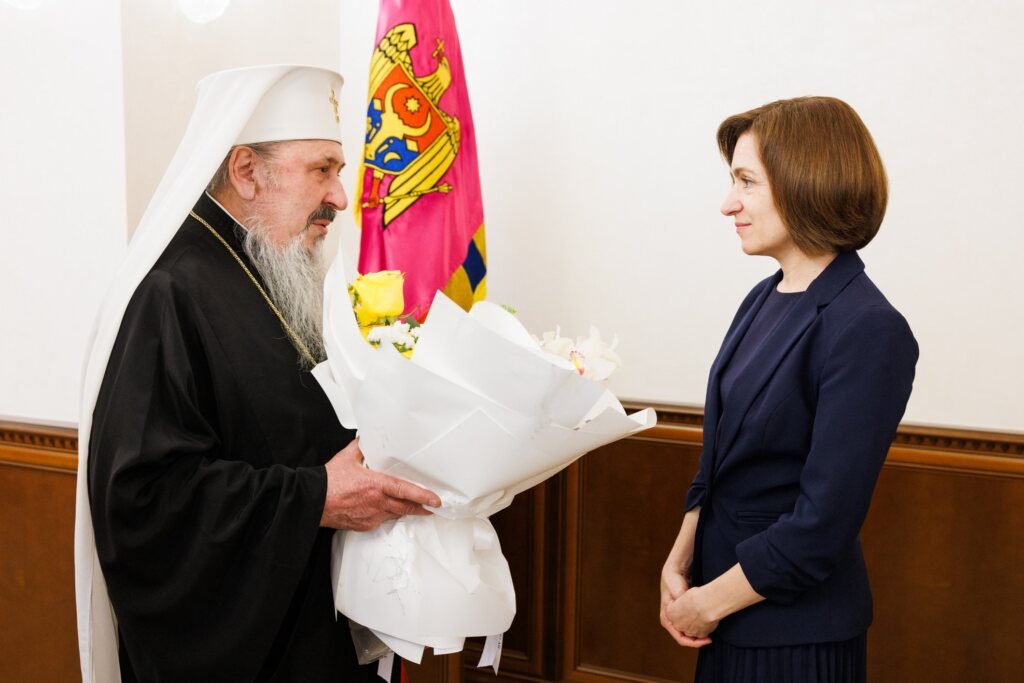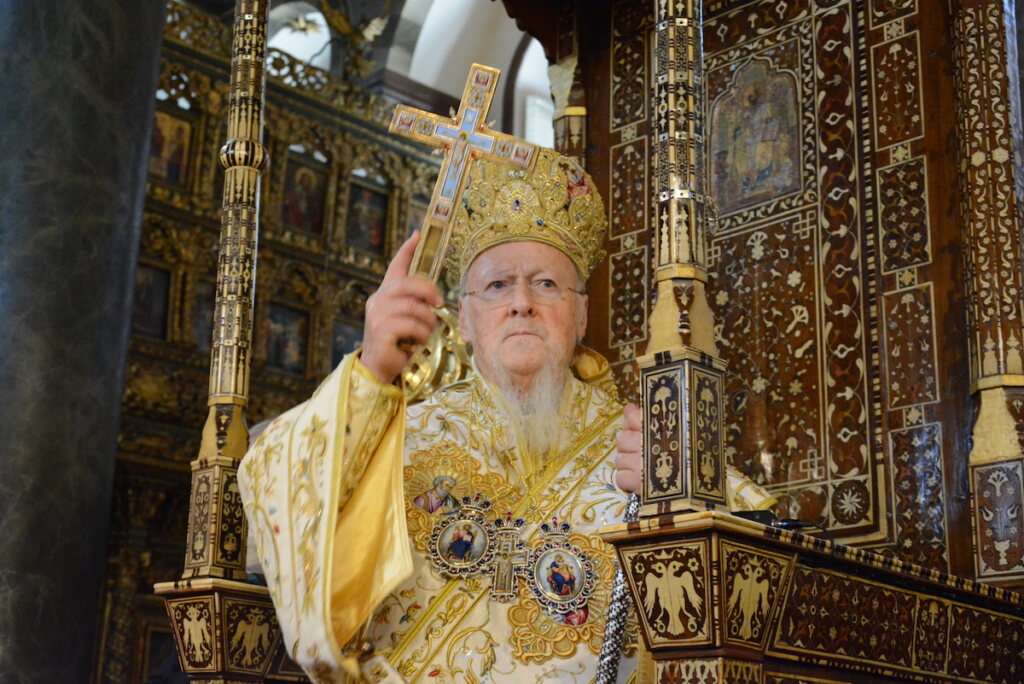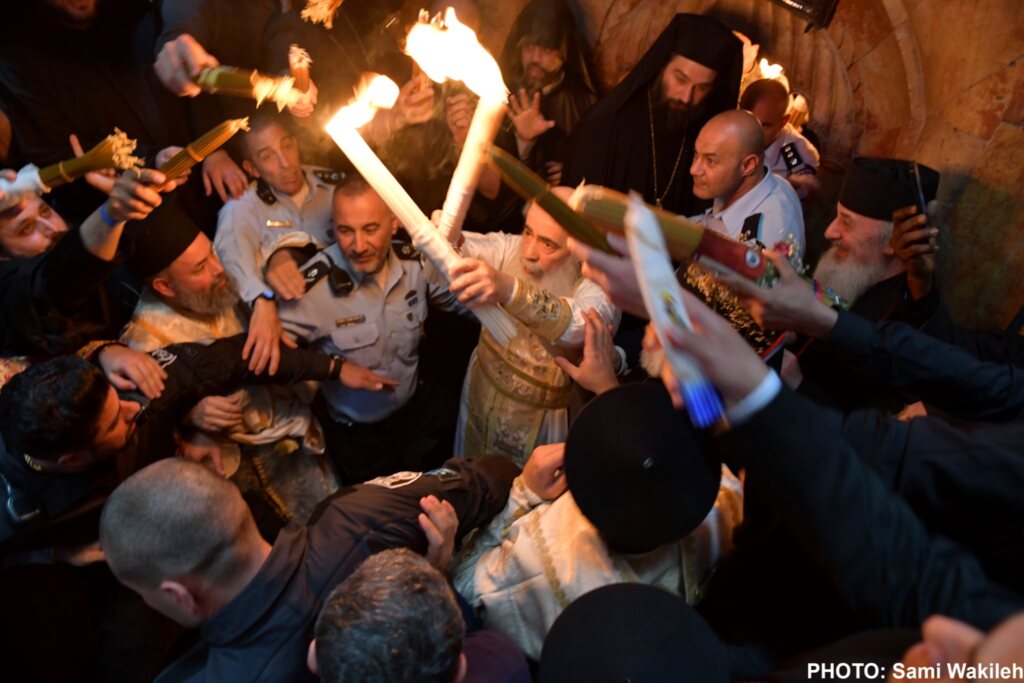Today marks 139 years since the Ecumenical Patriarchate recognized the autocephaly of the Romanian Orthodox Church, an essential moment for the Church and the Romanian State, which had won its independence from the Ottoman Empire (1877).
“Essentially, autocephaly is the recognition of the spiritual maturity and administrative and pastoral freedom of an Orthodox Church in a country that has become an independent state,” explained the Patriarch of Romania in 2015.
The moment was intensively prepared internally and externally, with the participation of Romanian diplomats and statesmen.
Prince Alexandru Ioan Cuza had already promulgated a decree in 1864 which stated that “the Romanian Orthodox Church is and remains independent of any foreign church authority, in all matters of organization and discipline” and that “the General Synod of the Romanian Church preserves the dogmatic unity of the holy faith Orthodox with the Great Church of the East, by agreement with the Ecumenical Church of Constantinople.”
The tomos of autocephaly transmitted to Primate Metropolitan Calinic Miclescu by Ecumenical Patriarch Joachim IV recognized the Church of the Kingdom of Romania “independent and autocephalous, administering itself by its own Holy Synod, having as president the Most Reverend and Most Venerable Metropolitan of Hungaro-Wallachia and exarch of Romania, the one after the times, not recognizing in its own internal administration any other church authority, without only on the head of the one, holy, catholic and apostolic Orthodox Church, the Saviour God-man, who is the only foundation and the cornerstone and the first and supreme and eternal High Priest and Archpastor.”
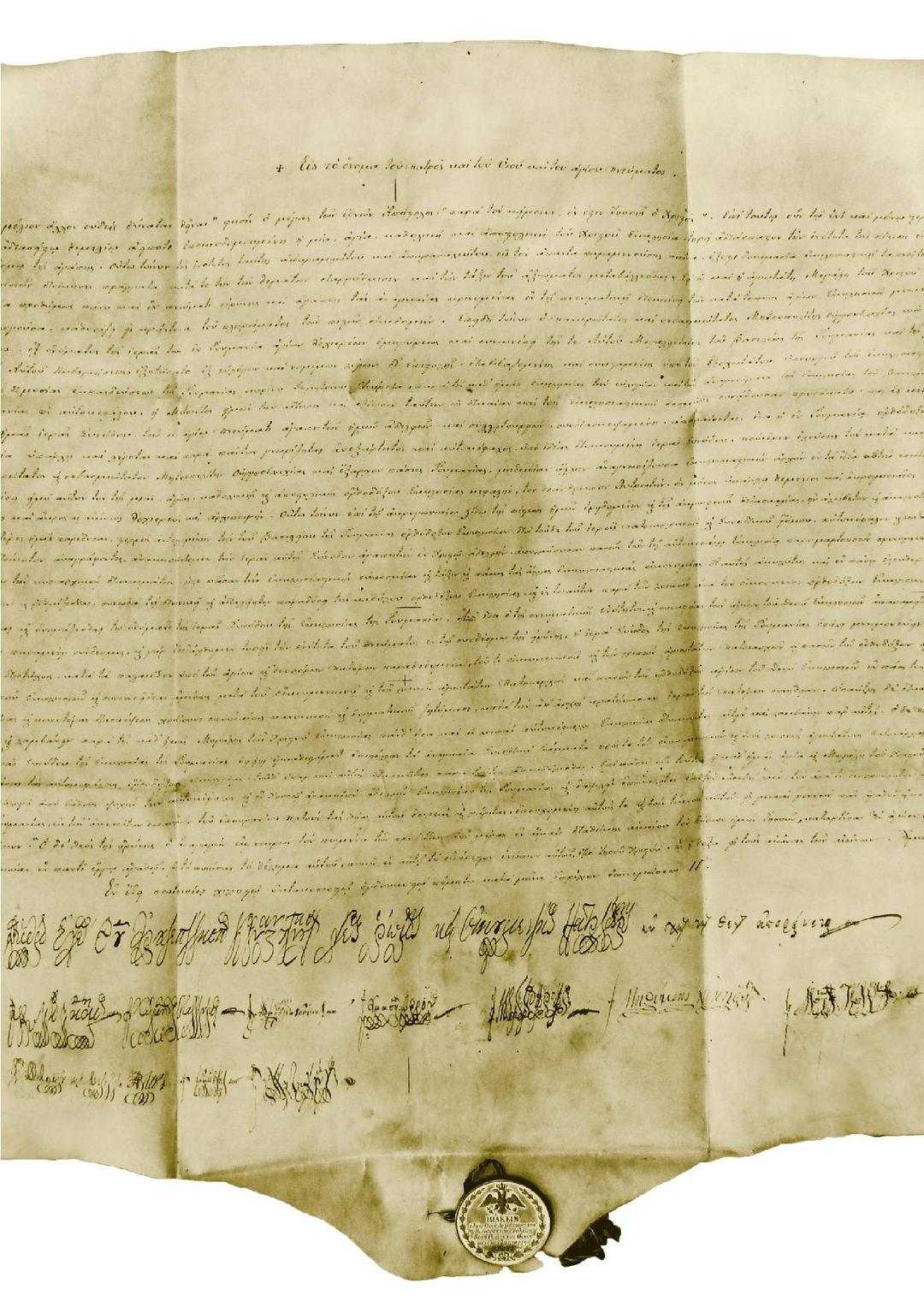
The Ecumenical Patriarch communicated to all sister Orthodox Churches through an encyclical the recognition of the Romanian Orthodox Church’s autocephaly.
In 2015, on the 130th anniversary of the autocephaly of the Romanian Orthodox Church, His Beatitude Patriarch Daniel said: “Although the events we are evoking now took place in the 19th and 20th centuries, it must be highlighted that, since the Middle Ages, Romanian Orthodoxy had become a great supporter of Orthodoxy in all the eastern countries occupied by the Ottomans, in the conditions where the Patriarchates of the Orthodox East and the Balkan countries, including the Ecumenical Patriarchate, had great difficulties organizing and living in the space of Ottoman rule.”
“The extensive support given by the Romanian Orthodox Church to Orthodoxy under Ottoman rule in that era represents the behaviour of a somewhat autocephalous Church because such consistent and constant support could not come from a Church without a capacity for its own leadership and responsible expression and solidarity”, His Beatitude also conveyed on the same occasion.
“Preserving and cultivating the virtues of its apostolic origin, assimilating and influencing the Romanian ethnic specificity, Romanian Orthodoxy manifested itself historically with its own identity, preserving dogmatic, liturgical, and canonical unity in communion with Universal Orthodoxy. Both the Autocephaly of the Romanian Orthodox Church in 1885 and its elevation to the rank of Patriarchate in 1925 were the result of close cooperation between the Church and the State, especially on a diplomatic level.”
The Romanian Orthodox Church is preparing numerous events for 2025 to celebrate its 140th anniversary of autocephaly and the 100th anniversary of its elevation to the rank of Patriarchate.
The central moment will be the proclamation of the canonization of several saints of the 20th-21st centuries: pious people, priests and confessors from communist prisons.
Photography courtesy of Arhiva Basilica.ro / Mircea Florescu
Follow us on Twitter: @BasilicaNews
